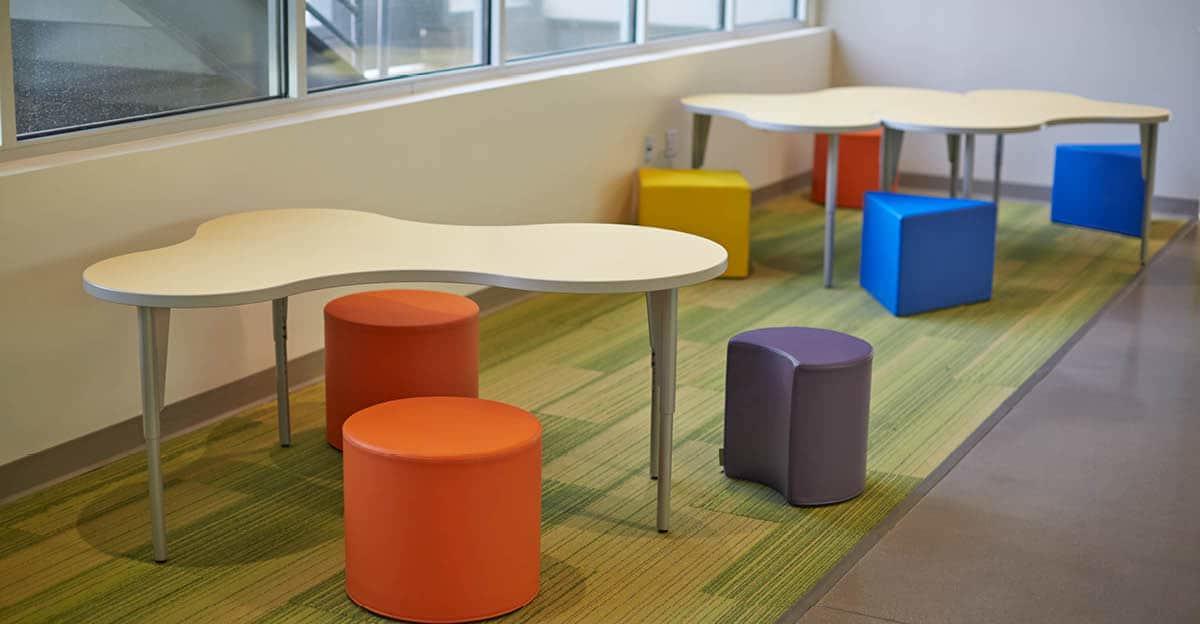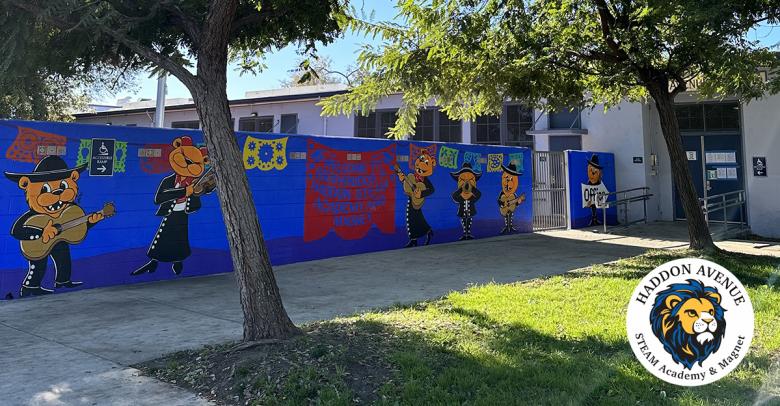Communicating expectations, teaching students how to work together effectively, and designing classrooms with flexibility in mind are key starting points for implementing collaborative learning effectively. Here are three additional strategies for success.
Be strategic in forming groups
Students typically want to choose their own partners. For some activities, that’s perfectly fine. For others, it’s better to have heterogeneous groupings.
If everyone thinks alike, there won’t be any diversity of opinion to challenge students or expand their perspective. If everyone has the same ability, it will be harder for students to learn from each other.
Here are some ideas to help teachers form diverse groups:
- Poll students on what they think about an issue. Create teams of students who have different points of view and have them examine the issue from all sides.
- Give students a pre-activity assessment. Use the results to form groups with a variety of abilities.
- Have students self-assess their ability to perform the various roles involved in a project. Then, create groups that include experts in each of these areas.
Make sure everyone contributes
Often what happens in collaborative group work is that the most driven students tend to take over the project, while the other group members are happy to just coast along without doing their share of the work. To prevent this from happening, teachers must create an atmosphere in which everyone is held accountable.
One way to do this is to assign roles to each member of the group. If the project involves starting a business, one student could be responsible for marketing, another could oversee the budget, and so on.
Other techniques include having students create a work plan at the beginning of the project that divides the responsibilities among each group member equally; assigning work for students to complete individually and bring to the entire group for discussion; and having students assess each others’ work. (For more ideas on how to promote healthy group dynamics, see this webpage from Cornell University’s Center for Teaching Innovation.)
Be willing to give up some control
Collaborative learning is often quite messy, and that’s OK. Teachers must learn to accept this unruliness, because it means that students are engaged in deeper learning.
When listening to students as they struggle to articulate their ideas, a teacher’s natural inclination might be to step in and complete a student’s train of thought. But the point of collaborative learning, like all student-centered learning activities, is to have students do the thinking for themselves. Rather than spoon-feeding the answers to students, teachers need to step back and give them the space to explore.
This doesn’t mean teachers should cede their role as the expert in the classroom. Instead, they can learn to ask leading questions that help students develop their own thoughts.
Collaborative learning is likely to be challenging at first. Students will need practice at working well with others. The only way they can master this skill is by applying it over and over again. Teachers will need to be patient with students, modeling effective communication and supporting them with appropriate scaffolding.
For more collaborative learning advice—including key insights for creating the right kind of learning environment that will enable student collaboration to thrive—download our FREE guide, “The Secrets to Successful Student Collaboration”
Deanna Marie Lock
Deanna Marie Lock is a reputable educational leader with a multifaceted background as an elementary school teacher, assistant principal and principal, Instructional Solutions consultant, Instruction and Intervention Subject Matter Expert, and today as the Director of Category Expertise and Support across all of School Specialty’s target curriculum solutions and widespread product categories. With 18 years spent specifically in the public education sphere, Deanna now uses this in-classroom expertise to add a personalized, intentional approach when professionally advising to an audience she herself had been a part of for nearly two decades. Deanna is passionate about building purposeful long-term internal and external customer connections, and helping students find their passion and highest potential, too!
Read more by Deanna Marie Lock–>







Leave a Reply